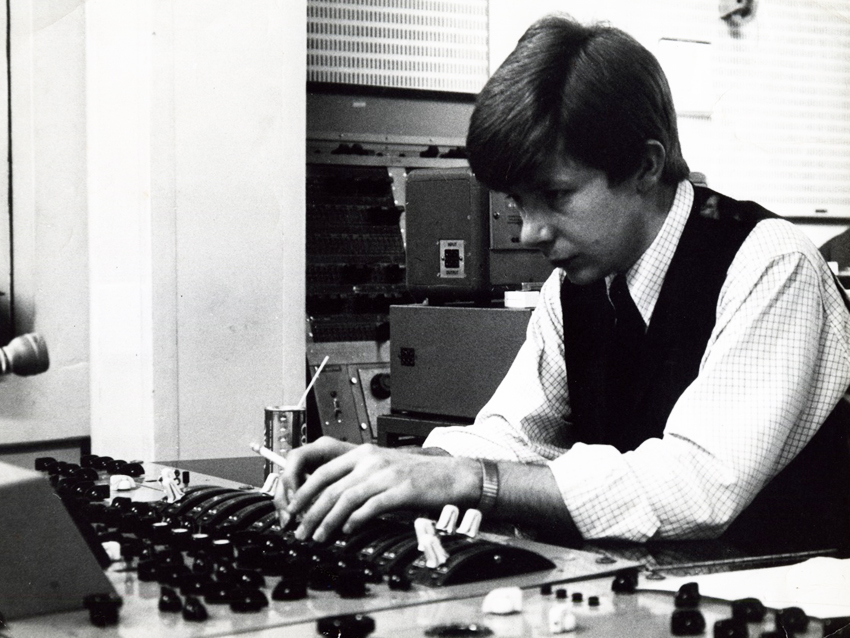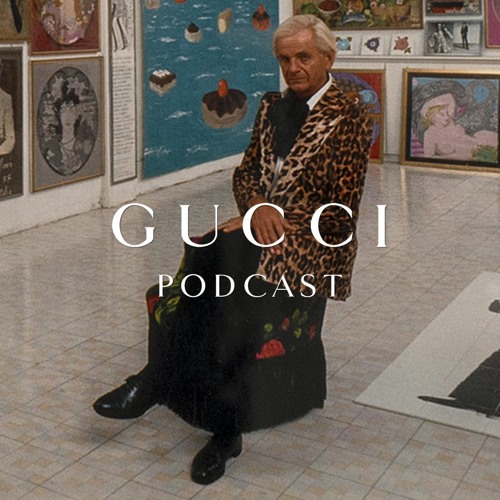

Don’t give up before you begin."ĭownload the Scott Frank Screenwriters' Lecture Transcript to read the lecture in full. Modest to the last, Frank said he wasn’t necessarily sure that what he produced was art, but that “you have to at least aspire to produce art so that the process is imbued with that ambition.” And he had this advice for any budding screenwriters in the audience. Frank later revealed that he found it impossible to write without knowing the ending, and that he only broke the final scene of Out of Sight after phoning the book’s author Elmore Leonard who luckily told him the story of an escaped convict which gave him a Eureka moment. In my experience if the process is bad the script is bad.” He explained that he preferred to arrive on a theme when writing a script because otherwise a script can feel built if you plan one ahead of time, and that the key was finding that instinctive thing in each scene that makes you as a writer want to write more.


“Reading, and subsequently re-typing Hammet’s Red Harvest taught me more about writing screenplays than anything else ever has,” said Frank.īAFTA/ Steve ButlerOn the screenwriting process, Frank said: “The process is everything. Other inspirations mentioned by Frank were his mentor Sidney Pollack (whom Frank worked with on The Interpreter) and the novelist Dashiell Hammett. Why you decide to write something doesn’t matter, but how you do it is important.ĭuring his lecture Frank paid tribute to Frank Pierson’s Dog Day Afternoon screenplay, citing its opening scene as one of the greatest in cinema history and the reason that he places such a huge importance on the opening image and scene when writing a script. He confessed that they are a set of rules that may only work for him, whilst also noting that “rules are something to cling to when ideas fail.” His first and possibly most important rule was “why you decide to write something doesn’t matter, but how you do it is important.”įrank revealed that he was initially motivated to write Out of Sight because he wanted a bigger house but that it ultimately turned out to be “the single most enjoyable job of my career, and is perhaps the work that I’m the most proud of." He explained, "It’s okay to write something just for the money, and it’s also okay to write something just because you want to.” Frank cemented his growing reputation with a brace of Elmore Leonard adaptations – Get Shorty and Out of Sight – and has since gone on to pen films as diverse as Minority Report, The Lookout (which Frank also directed) and Marley & Me.įrank began his candid, funny and informative lecture by explaining that when writing he finds it useful to follow a set of rules that he has laid out for himself. Scott Frank discussed his career and gave valuable insights into surviving as a screenwriter inside the Hollywood machine during his BAFTA Screenwriters’ Lecture.īAFTA/ Steve ButlerScott Frank’s first solo screenwriting credit was the 1988 comedy Plain Clothes (a film Frank himself confesses “isn’t very good”) but it was during writing the screenplay for Kenneth Branagh’s 1991 thriller Dead Again that he says he really learned his craft.


 0 kommentar(er)
0 kommentar(er)
